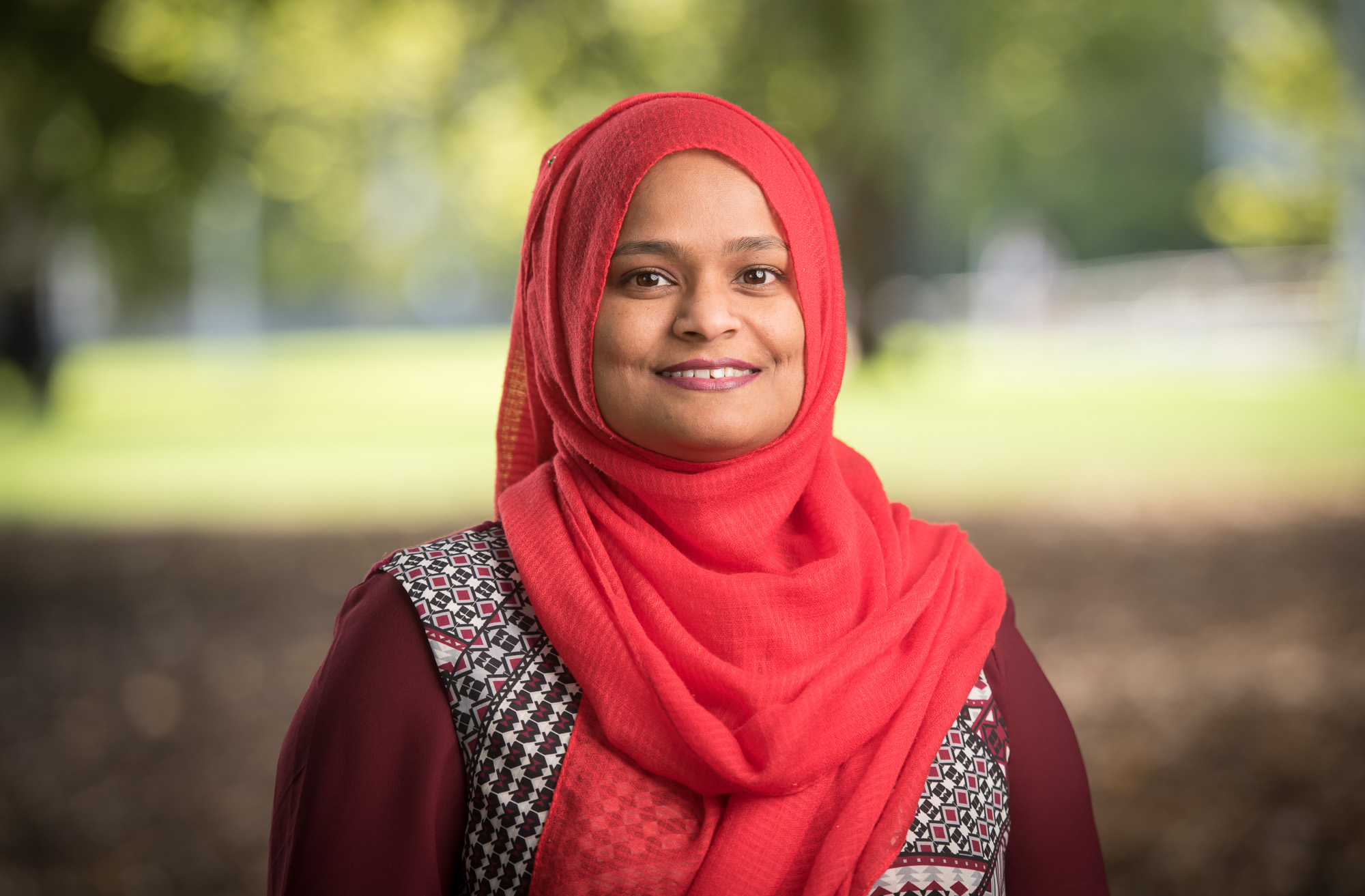Migration, work and gender: An exploratory study in Australia
-

Dr Humaira Maheen
Project Details
The project aims to describe migrant women’s labour force participation in Australia, and examine how being in the workforce impacts on migrant women’s mental health. Being employed is one of the important determinants of an immigrant’s successful integration into a new society. Obtaining work is instrumental to a family’s overall financial stability and has important benefits to mental wellbeing. The study aims to answer the following research questions;
- What knowledge do we have about migrant women’s work, occupational attainment and income who arrived on skilled, family, and humanitarian visas in Australia?
- What is the independent effect of being a migrant on the pay gap among skilled working women compared to men?
- How does being in the workforce affect migrant women’s mental health in Australia?
We will use Australian Census and Migrants Integrated Dataset (ACMID) 2016 and the Household, Income and Labour Dynamics in Australia (HILDA) Survey to conduct the analyses.
The Australian migration landscape had been substantially changed in the last two decades, shifting from family migration (being sponsored by an Australian partner or family member) to skilled migration where individuals are assessed based on age, relevant education and employment experience in an occupation listed as a skill shortage in Australia (Department of Home Affairs, 2019). The increased focused on skill migration has meant that, more than ever, Australia is seeing a rising number of female skilled migrants coming into the country. Being employed is one of the important determinants of immigrants’ integration to a new society and is also instrumental to a family’s overall financial stability and mental wellbeing. There is some qualitative evidence indicating that migrant women face disadvantage when they enter the workforce due to language barriers, racial discrimination, and not having relevant qualification and experience to get into well paid jobs (Maio et al. 2017,Carranza et al. 2018). However, there is a lack of population level evidence to explain the disadvantages that women may face in relation to occupational attainment and the gender pay gap as compared to migrant men with a similar skill set. Hence, the studies from qualitative studies remain unsubstantiated in quantitative studies.
Migration is a stressful life event. Past research identifies post-migration work-related stressors (such as gaining employment, underemployment, unsustainable employment, and low wages) as leading causes of depression, mood disorder, and poor self-esteem among migrant groups (Ro and Goldberg 2017;Maio et al. 2014). These studies lack a focus on gender, relying on a ‘migrant lens’ alone to explain disadvantages in work and employment. However, migrant women can be at a double disadvantage of ‘being migrant’ and ‘being women’, or even at ‘triple disadvantage’ if they belong to ‘certain ethnic groups’(Raijman and Semyonov 1997). Compared to men, in the first year of arrival, migrant women are more likely to accept part-time, and low paid jobs to make the ends meet (Carranza et al. 2018). Combining the precarious working conditions migrant women face with other stressors such as domestic work and childcare may make this group at increased risk of poor mental health (Platt et al. 2016).
In Australia, there is little to no evidence examining how migrant women who are currently employed experience work and a lack of understanding as to how this affects their mental health.
Researchers
Dr Humaira Maheen, Disability and Health, Univeristy of Melbourne
Associate Professor Allison Milner, Disability and Health, Univeristy of Melbourne
Dr Tania King, Disability and Health, Univeristy of Melbourne
Professor Nancy Devlin, Health Economics, Univeristy of Melborune
Funding
BIP University of Melbourne 2019
Research Group
School Research Themes
Disparities, disadvantage and effective health care
Key Contact
For further information about this research, please contact the research group leader.
Department / Centre
MDHS Research library
Explore by researcher, school, project or topic.